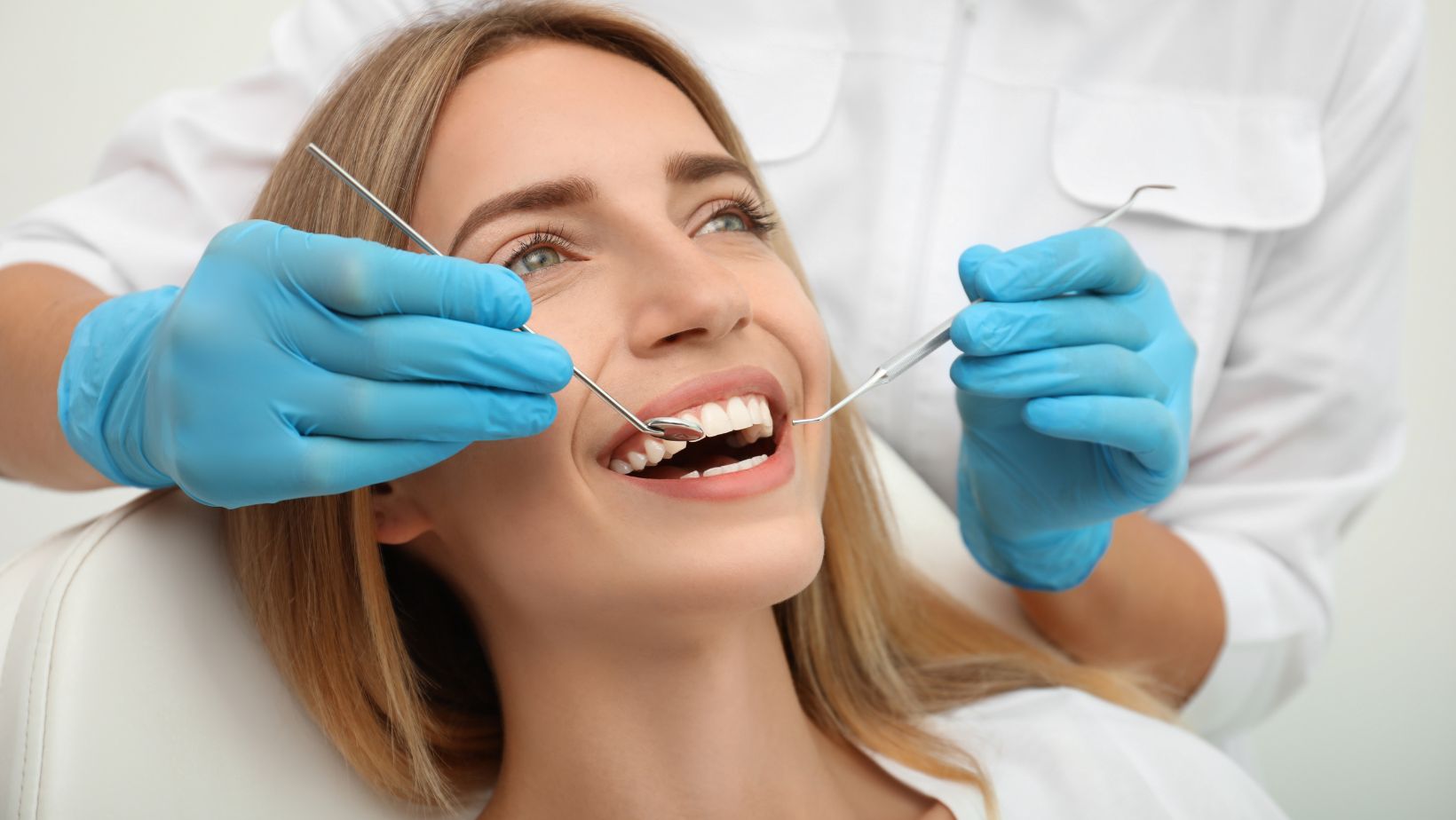Dentistry is a field that never stands still. New research, tools, and technologies are constantly emerging—changing how oral health professionals diagnose, treat, and interact with patients. For dentists, this means that graduating from dental school is only the beginning. To provide the best possible care throughout their careers, ongoing learning is essential.
In a profession that affects not only oral health but also overall well-being, staying informed is a responsibility, not just a recommendation. Here’s why continuous education in dentistry isn’t optional—it’s vital.
1. Technology Is Evolving Fast
Dentistry today looks very different from what it did just a decade ago. Digital scanners have replaced many traditional impressions. 3D imaging now gives clearer views of oral structures. Lasers are used for procedures that once required more invasive techniques. And artificial intelligence is slowly finding its place in diagnostics.
To remain effective, dentists must stay on top of these advances. Patients expect the use of modern technology, and failing to keep up may lead to outdated methods that are less comfortable or accurate. Lifelong learning allows dental professionals to offer safer, faster, and more effective care.
2. Research Changes Treatment Standards
Best practices in dentistry aren’t fixed. As new studies emerge, the recommended ways to treat cavities, gum disease, and even jaw alignment continue to shift.
For example, fluoride use has been refined over the years. Ideas about early orthodontic intervention have evolved. Even materials used in fillings and crowns are updated as better alternatives are discovered.
When dentists engage in ongoing learning, they’re more likely to base their care on current evidence rather than outdated methods—ensuring patients benefit from the most effective, science-backed approaches available.
3. Patient Expectations Are Rising
Modern patients are more informed than ever. With easy access to online information, they often arrive at the dental office with specific questions—or even requests based on treatments they’ve seen advertised.

This shift in awareness changes the dentist-patient dynamic. Dentists need to be able to explain the reasoning behind treatment options clearly and confidently. Ongoing education helps professionals speak knowledgeably about new treatments and correct common misconceptions. It also builds trust, as patients feel more confident in a dentist who stays current.
4. Regulatory and Safety Standards Must Be Met
Dental regulations change to reflect the current understanding of hygiene, infection control, and ethical care. Whether it’s updating sterilization practices, such as using a rubber dam or appropriate gloves, or learning how to manage patient data securely, dentists must stay informed to comply with both legal requirements and patient safety protocols.
Failing to do so can have serious consequences, from legal issues to patient harm. Regular learning ensures that dentists understand not only the “how” of their work but also the “why” behind updated guidelines.
5. Specialization Requires Updated Knowledge
Many dental professionals work in specialized areas such as pediatric dentistry, periodontics, or oral surgery. Each specialty has its own set of advancements and expectations. What works for general care may not apply in these fields.
By committing to continuous learning, specialists ensure their knowledge stays sharp and relevant. They can also explore cross-specialty developments, such as how orthodontic issues relate to breathing patterns or how gum health affects heart disease.
6. Skills Fade Without Practice
Even the most experienced professionals can lose proficiency over time, especially with techniques or equipment they don’t use every day. Just like any complex skill set, dental procedures require both mental and physical precision.
Workshops, training courses, and refresher classes help professionals sharpen hands-on skills. This reinforcement is especially important in areas like surgical procedures, new digital workflows, or the integration of practice management software.
7. Dentistry Is a Team Effort
Modern dental care involves more than just the dentist. Hygienists, assistants, lab technicians, and administrative staff all contribute to the quality of care a patient receives.

When everyone in the office is encouraged to grow and learn, the entire team functions more smoothly. Communication improves, workflows are optimized, and the patient experience becomes more seamless. In this sense, ongoing learning boosts more than individual knowledge—it enhances the whole environment.
8. Learning Builds Career Satisfaction
Monotony can creep into any profession. However, dentists who continue to learn often find themselves more inspired and engaged in their work. Learning new techniques or taking on new challenges can reignite a sense of purpose and pride.
Some even discover new areas of interest through continued education—such as public health dentistry, teaching, or research. The process of learning keeps the profession dynamic and personally fulfilling.
9. The Future of Care Depends on It
As healthcare becomes more collaborative and personalized, dentistry is becoming increasingly integrated with other branches of medicine. Dentists today must understand how oral health connects to systemic conditions like diabetes, cardiovascular disease, and more.
To contribute meaningfully to this evolving model, dentists need a broader understanding of health beyond the teeth and gums. Many explore this connection through dental continuing education courses, which provide insights into interdisciplinary care and whole-body wellness.
Final Thoughts
Dentistry is not a static profession. It demands a mindset of growth, curiosity, and responsibility. Every year brings new tools, new knowledge, and new patient expectations. Dentists who embrace ongoing learning are better equipped to provide high-quality care—not just for today’s standards but for the changing needs of tomorrow.
By staying informed and engaged, dental professionals honor both their patients and their profession—proving that great care starts with a commitment to keep learning.

